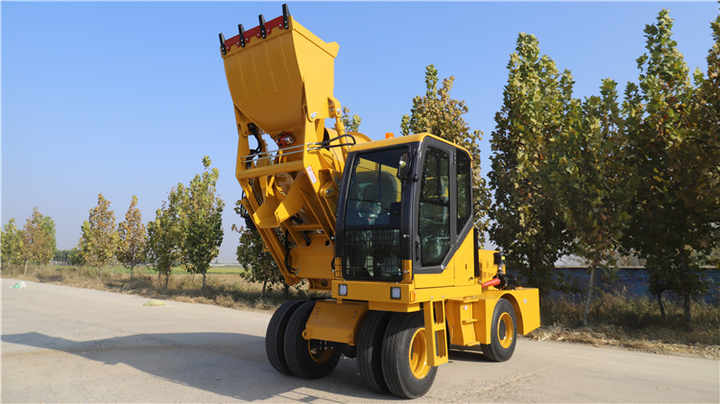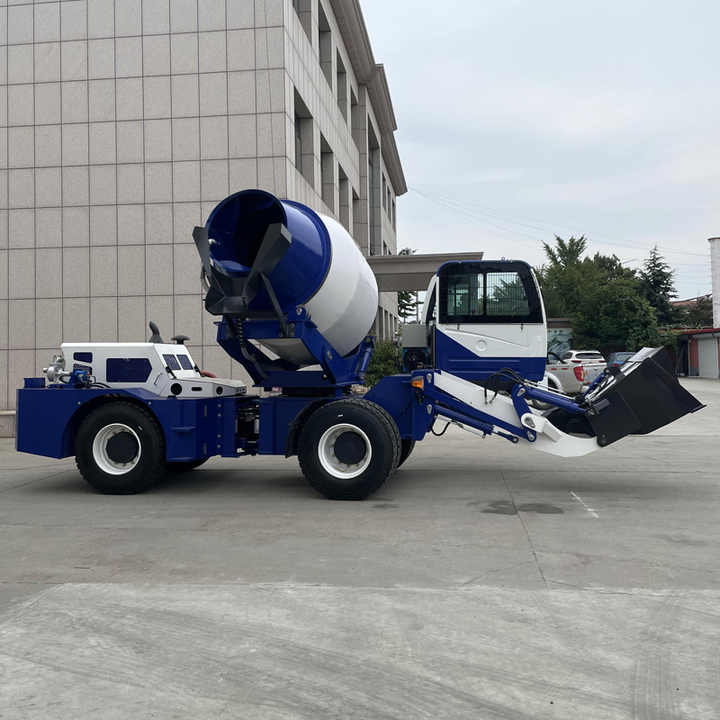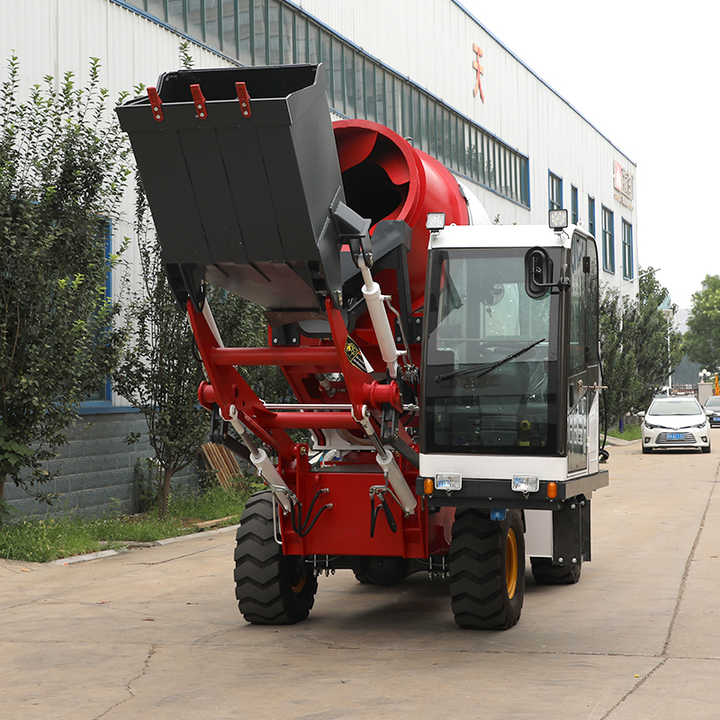Used Concrete Machinery: Red Flags to Watch Out For
-
Thesis: Buying used concrete machinery can offer significant savings, but requires extreme diligence to avoid costly lemons; knowing the red flags is essential for a smart purchase.
-
Outline:
-
The Appeal & The Risk: Lower upfront cost vs. potential for hidden problems, expensive repairs, and downtime.
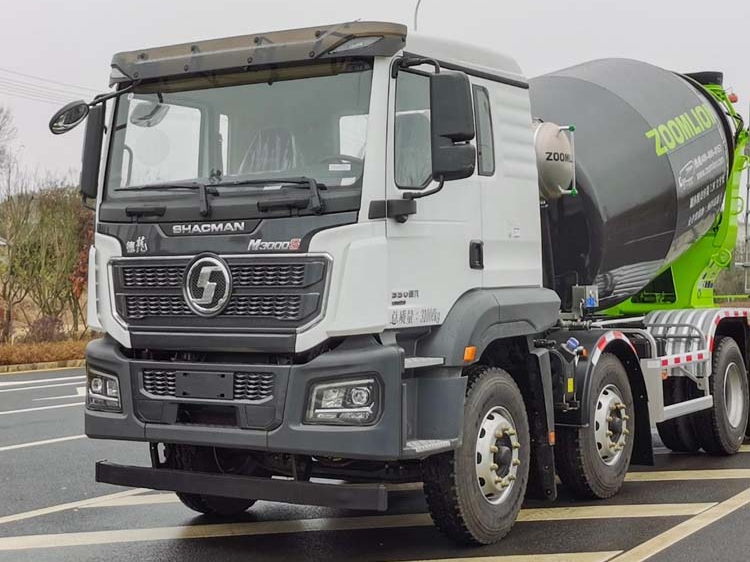
-
Critical Pre-Purchase Steps:
-
Define Needs: Exactly what machine, specs, condition tolerance? Don't get distracted by a "deal."
-
Research: Know fair market value (IronPlanet, MachineryTrader, auction results). Research common problems for that specific make/model/year.
-
Seller Reputation: Dealer (certified used program?) vs. Private seller. Check reviews.
-
-
Major Red Flags:
-
Lack of Documentation: Missing service records, operator manuals, ownership history (title issues? liens?). Beware vague stories.
-
Excessive Rust/Corrosion: Especially structural components, frame, outriggers, hydraulic tanks. Surface rust is common; deep pitting or scaling is bad.
-
Evidence of Major Welding/Repairs: Look for uneven welds, patched frames, repaired booms (crack repair is common on pumps - must be done professionally). Ask for details.
-
Hydraulic Issues: Milky fluid (water contamination), dark/burnt-smelling fluid, leaks at numerous fittings/cylinders, noisy/slow operation. Test ALL functions.
-
Engine Problems: Excessive smoke (blue=oil, black=fuel, white=coolant), knocking noises, low power, difficult starting, coolant in oil or vice versa. Check exhaust for restrictions.
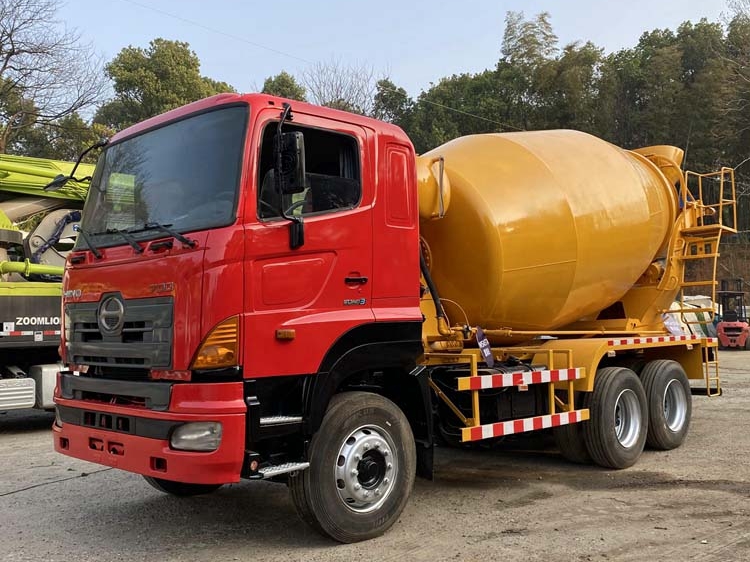
-
Worn-Out Critical Components:
-
Pumps: Excessive slop in S-tube/rock valve, worn pistons/cylinders (check water box leakage), cracked manifold.
-
Mixers: Thin/worn drum, badly worn blades/mounts, damaged chute, gearbox leaks/noise.
-
Trowels: Bent blade arms, worn/wobbly spindles, cracked deck.
-
Batching Plants: Worn aggregate scales/batchers, leaking pneumatic cylinders, inaccurate water/admixture meters.
-
-
Electrical Gremlins: Frayed wiring, corroded connectors, malfunctioning gauges/sensors, non-working safety interlocks. Test everything.
-
Tires/Undercarriage: Deeply cracked/cut tires, worn tread (esp. on mixer trucks). Track wear/looseness on crawler-mounted pumps.
-
"Fresh Paint Job": Could be hiding rust or recent damage repairs. Scrutinize closely.
-
Pressure to Buy Immediately/Unwillingness for Inspection: Huge red flag.
-
-
The Essential Inspection:
-
Hire an Expert: A qualified, independent mechanic specializing in that machinery type is worth every penny. They know where to look.
-
Operational Test: Demand a cold start. Operate all functions under load if possible (e.g., pump water through pipeline). Listen for unusual noises, feel for vibrations.
-
Fluid Checks: Oil (level, condition), coolant, hydraulic fluid. Consider oil analysis.
-
-
*Auction Caveats: Higher risk. Inspect beforehand if possible. "As-Is, Where-Is" means no recourse.
-
*Mitigating Risk: Buy from reputable dealers with warranties. Budget 15-25% of purchase price for immediate repairs/refurbishment on a private sale. Factor in transportation cost.
-
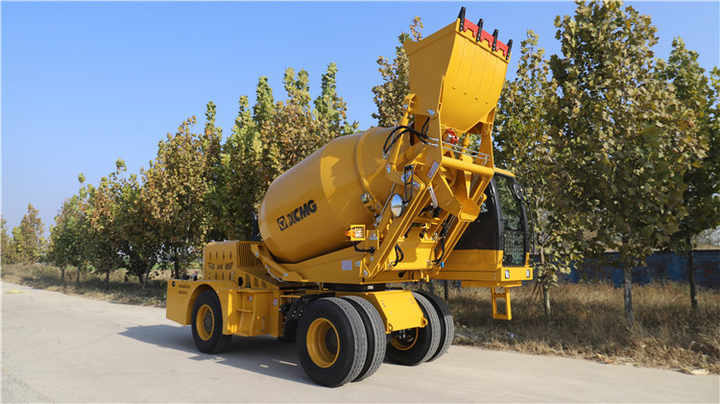 Specifications & Guideline
Specifications & Guideline

